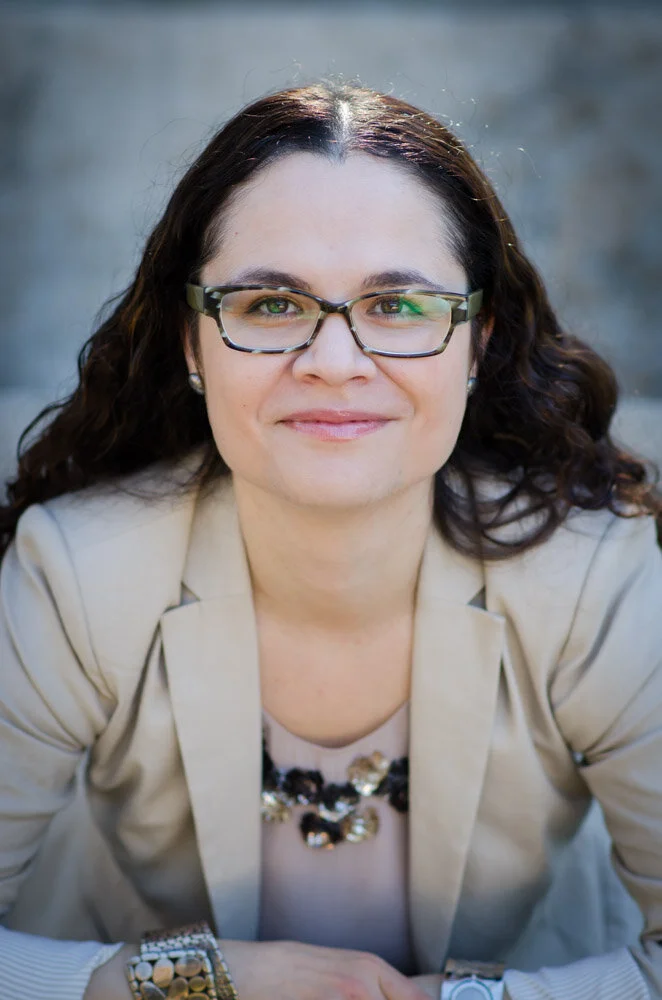Inessa Bazayev
Inessa Bazayev is the Paula G. Manship Associate Professor of Music Theory at Louisiana State University, where she taught from 2009. Her research focuses on Soviet music, Russian music theory, and voice-leading in atonal music. She has published on these and other topics in major music theory journals. She was the director of the International Symposium on Prokofiev (February 2016, LSU), which included scholarly papers from a dozen countries, concerts, and a premiere of Prokofiev’s unfinished Piano Concerto No. 6. Prof. Bazayev is the founding chair of the Russian Music Interest Group and a co-editor of a forthcoming book on twentieth-century Russian music.
Dr. Bazayev’s paper, Experiments with Synthetic Chords: Nicolai Roslavets’ Middle-Period Works, will address the revolutionary compositional techniques of Nicolai (Mykola) Rosalvets.
PAPER ABSTRACT
Nicolai Roslavets (1881–1944) was one of the most significant Ukranian composers of the early 20th century. At the wake of the October revolution, he was at the forefront of Moscow’s avant-garde musical scene. He was loosely associated with the Russian Futurists and had invented a new compositional system, in which a synthetic chord, a group of six to eight pitch classes, guided the symmetric distances of various chord-paths. (He would later equate his new system to that of Schoenberg’s emancipation of dissonance.) Further, Roslavets' early compositional period is marked by this new system, among which are a number of piano miniatures (1914–1919), which are reminiscent of Scriabin’s late works. However, it is his middle period (1919–1924) that expresses much revolt and further development away from his initial symmetric system. This middle period features three volumes of vocal works that are mainly set to the poetry of his contemporary Symbolist poets.
I briefly discuss Roslavets’ synthetic-chord system, then turn to his middle-period works that depart from this strict compositional method. I offer an analytical approach to a song cycle based on the poetry of Zinaida Gippius (1869–1945). The songs are important in three ways: (1) They mark a turning point in composer’s compositional oeuvre; (2) They trigger the beginning of Roslavets’ new interest in vocal music; and (3) They significantly depart from his early compositional system with synthetic chords, allowing more non-chord tones and very rare symmetric chord-paths. This revolt from his earlier system unites Roslavets with the contemporary poets, echoing his own deep dissatisfactions with the communist regime, which transcends from his strict compositional system as he liberates his own synthetic chords from their symmetric chord-paths.

